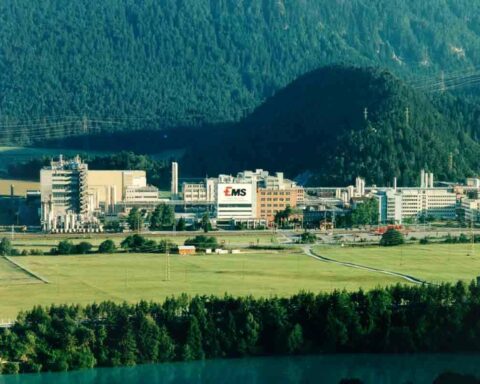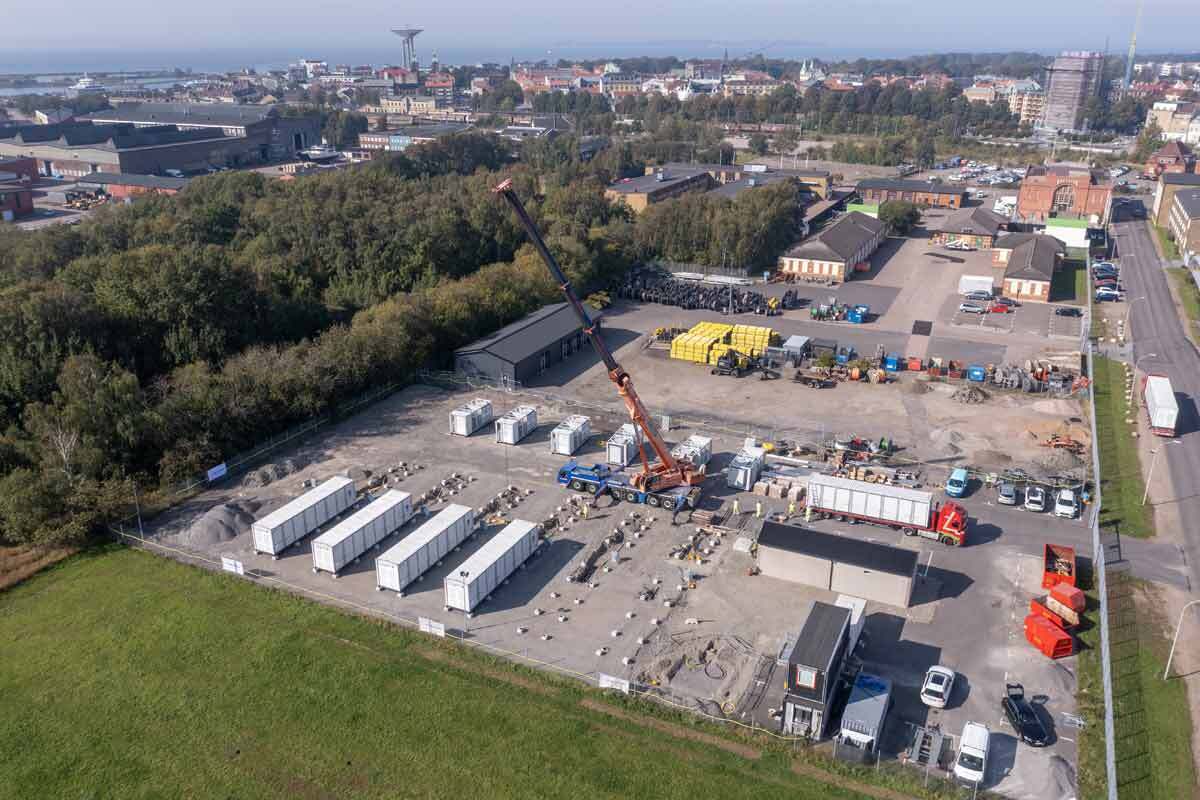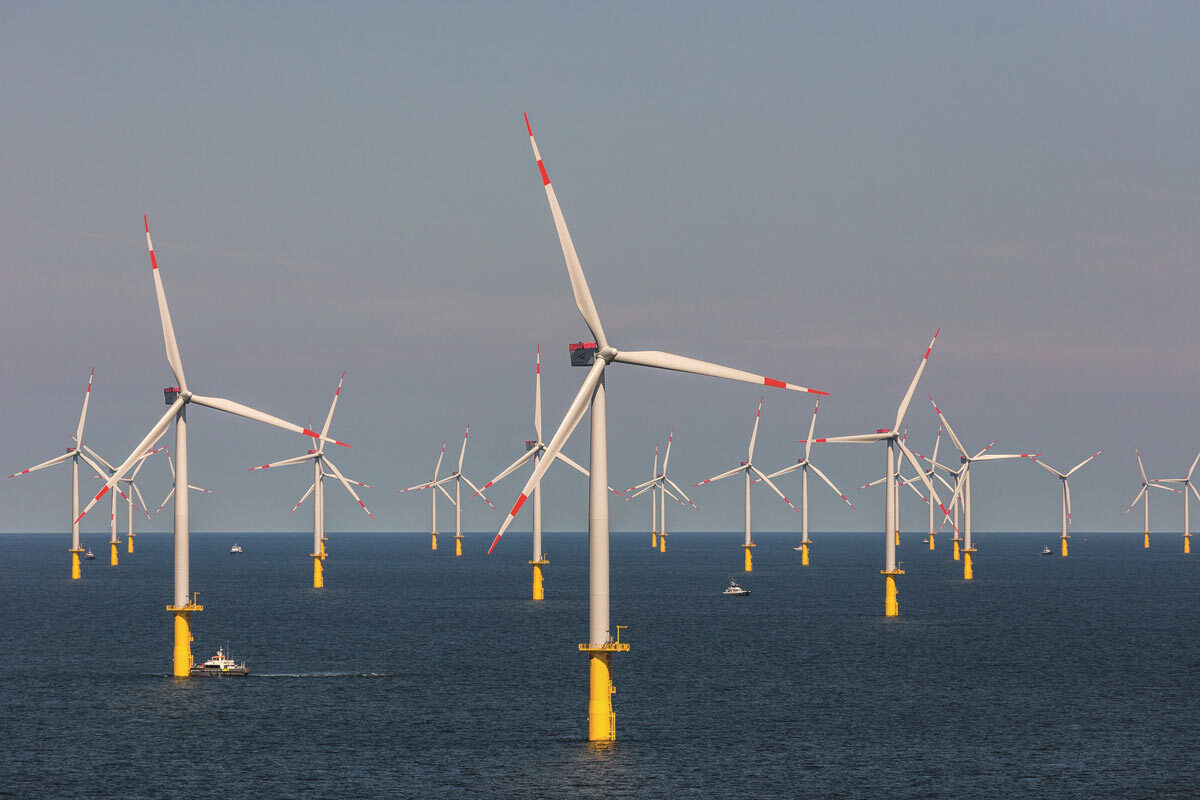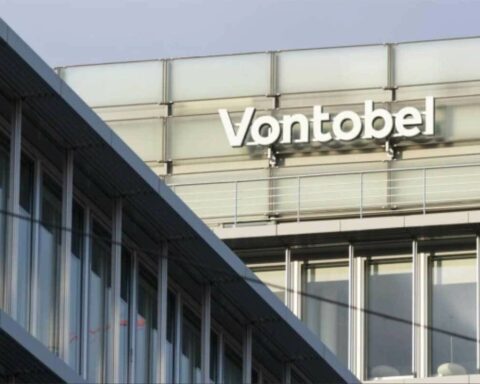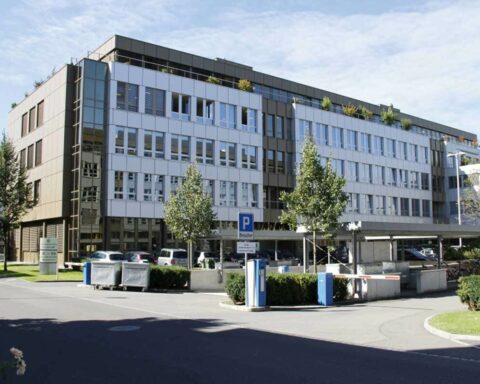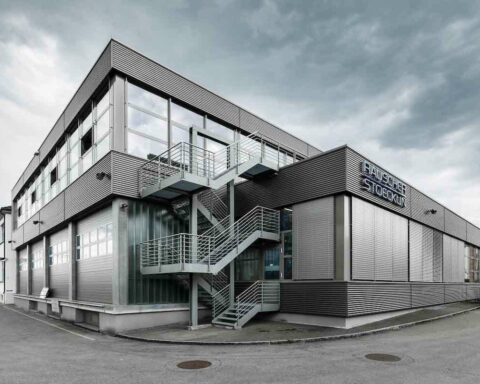Direct investment still dominated by balance sheet reductions at multinational enterprises – withdrawals of funds in both directions – higher investment income on direct investment abroad – Swiss-controlled companies with increased turnover and staff numbers abroad
Swiss direct investment abroad
In 2022, companies domiciled in Switzerland (resident companies) repatriated CHF 71 billion from their non-resident subsidiaries, continuing the substantial withdrawals of previous years. Once again, companies from the services sector accounted for the largest share of disinvestment (CHF 68 billion). In contrast to the preceding years, services industries other than just finance and holding companies (CHF 26 billion) significantly reduced their financial participations in non-resident enterprises – in particular, companies from the transportation and communications category (CHF 29 billion), as well as banks (CHF 19 billion). Only a few industry categories registered net direct investment abroad. In the services sector, these were insurance companies (CHF 6 billion) and trade (CHF 4 billion); in manufacturing, the metals and machinery category (CHF 5 billion).
The withdrawals affected locations in Europe (CHF 42 billion), in particular Cyprus, the UK and Luxembourg. Large repatriations of funds were also recorded at the offshore financial centres of Central and South America (CHF 34 billion). Other locations registered an inflow of Swiss direct investment, albeit at a low level – primarily in Asia (CHF 8 billion), especially Singapore and South Korea. These were followed by two locations in Europe, the Netherlands and Germany, which recorded inflows of CHF 4 billion and CHF 3 billion respectively. At the end of 2022, direct investment stocks abroad amounted to CHF 1,319 billion. Of this total, CHF 1,293 billion (98%) was equity capital and CHF 26 billion (2%) was intragroup loans. At CHF 509 billion (39% of the total), the largest capital stocks abroad continued to be reported by finance and holding companies, this despite the disinvestment of recent years. They were followed by companies in the chemicals and plastics category at CHF 192 billion (15%).
Income from direct investment abroad rose by CHF 10 billion to CHF 110 billion (up 10%). Higher income was recorded by subsidiaries in the services sector (up CHF 10 billion to CHF 66 billion), primarily finance and holding company subsidiaries (up CHF 20 billion to CHF 45 billion). Investment income in manufacturing, at CHF 43 billion, matched the level of the previous year.
Foreign direct investment in Switzerland
In 2022, non-resident investors again withdrew more funds from companies in Switzerland than they invested there. The net disinvestment amounted to CHF 58 billion (2021: CHF 133 billion). The withdrawals were chiefly in the finance and holding companies category (CHF 70 billion). Companies in this industry category thus continued the balance sheet reductions observed since 2018. A substantial part of these withdrawals (CHF 26 billion) was accounted for by special purpose entities (SPEs), companies that are set up for a narrowly defined task and do not carry out any operational activities. Two industry categories in particular recorded an expansion in respect of resident subsidiaries: trade (CHF 11 billion), where non-resident entities reinvested their profits in Switzerland, and the chemicals and plastics category (CHF 9 billion), as a result of acquisitions.
Stocks of foreign direct investment in Switzerland amounted to CHF 1,055 billion. Of this total, CHF 1,001 billion (95%) was equity capital and CHF 55 billion (5%) was intragroup loans. Income from direct investment in Switzerland increased by CHF 1 billion to CHF 102 billion (up 1%). Of this total, CHF 84 billion was attributable to subsidiaries in the services sector and CHF 19 billion to subsidiaries in manufacturing.
Operational data on multinational enterprises
In 2022, the Swiss-controlled companies surveyed by the SNB had 20,300 non-resident subsidiaries, where they employed 2,279,000 people and generated annual turnover of CHF 887 billion. This corresponded to an increase in turnover of 8% compared to the previous year. The number of employees abroad rose by 3%. The Swiss-controlled companies surveyed by the SNB that have participations in non-resident enterprises are also significant employers in Switzerland, where staff numbered 539,000 in the year under review.
Remarks
Comprehensive tables on direct investment and operational data on multinational enterprises are available on the SNB’s data portal (data.snb.ch) under ‘Table selection/International economic affairs’ and also ‘Datasets/Supplementary data on international economic affairs’. The data can be accessed in the form of charts and configurable tables. The data portal also has information on the methods used in direct investment statistics, under ‘International economic affairs/Notes’.
As is customary, the Direct Investment 2022 report includes a revision of past years’ figures, in this case for the period 2015 – 2021. These revisions included a reclassification of enterprise groups from the textiles and clothing category to other industry categories. Accordingly, there are fewer companies in the textiles and clothing category than before. Totals have also been revised: in the case of direct investment, for capital stocks from 2015, and for capital transactions and investment income mainly in 2020/2021; and in the case of operational data on non-resident subsidiaries, the revisions from 2015 have led to higher staff numbers and turnover figures.
The staff numbers at resident parent companies are published by the Swiss Federal Statistical Office (SFSO) as part of their enterprise groups statistics (STAGRE). The SNB publishes the staff numbers of those resident parent companies that are included in its surveys.
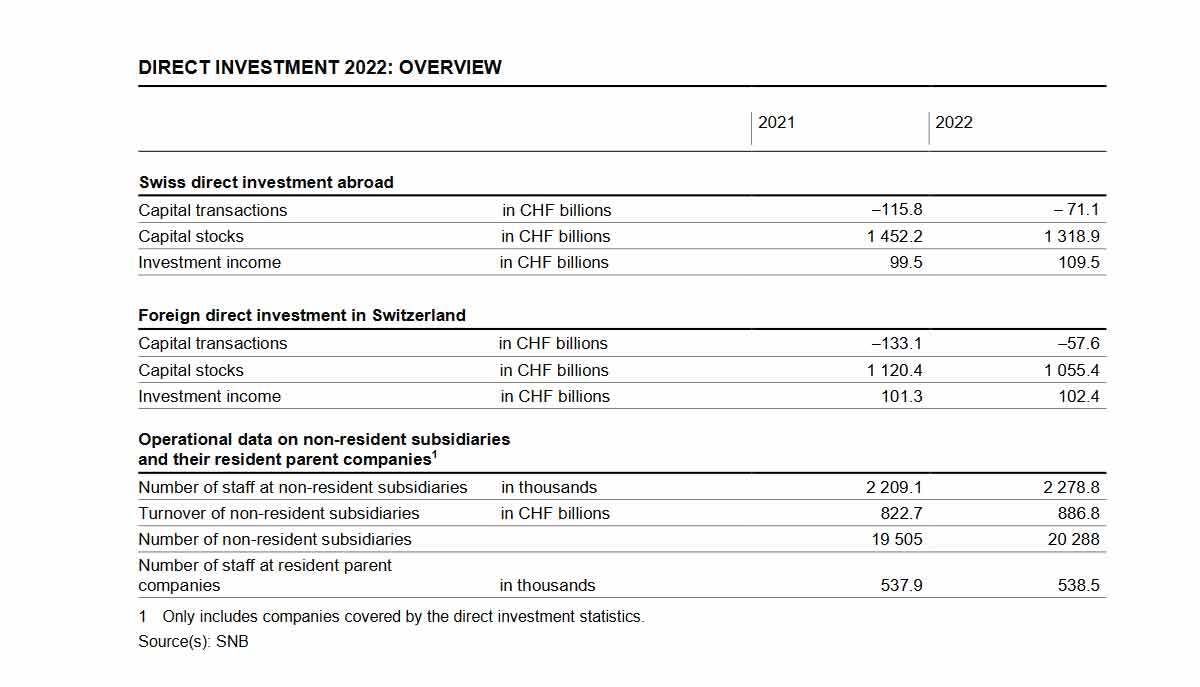
Source:
Swiss National Bank, Zurich (Switzerland)
www.snb.ch


